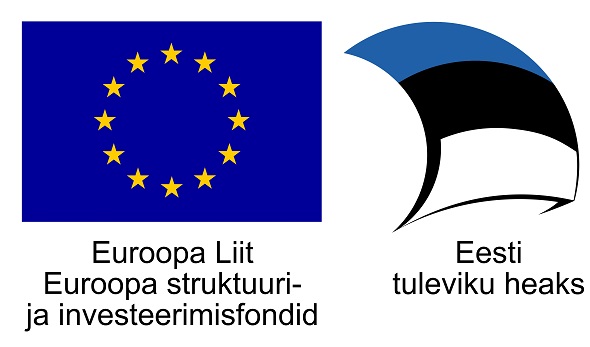Creative Ports opened

Creative Ports is an initiative of the Goethe-Instituts in the Baltic Sea Region for the younger generation of cultural and creative entrepreneurs. With the aim of providing opportunities to develop entrepreneurial skills, gain new experiences and perspectives and build personal contacts and international networks.
Creative Estonia was a partner in the Concept Workshop in Tallinn, 2013 and of course, continuously a partner to organize different occasions in Estonia.
Most people in the fields of culture and creative industries in Europe are working in microenterprises or as freelancers on a local or regional level. They are all faced with the challenge of finding or engendering trans-regional and even international access to creative offerings. In Europe’s smaller countries, like the Baltic States, with their relative paucity of consumers, the question quickly arises as to how one can attract potential clients and consumers abroad. But the same question arises among artists in countries like Germany, for different reasons: Especially in major urban areas, many players in this field are more likely to be faced with an overabundance of creative goods. So they, too, are looking for additional, appropriate commercial markets.
The situation for microenterprises vis-à-vis the international market is defined by uncertainty, lack of transparency, and risk, both on the business and general financial levels. This is exacerbated by the fact that younger producers of cultural and creative goods are by definition profit oriented and entrepreneurial. But they usually lack the appropriate self-concept and/or methodological approaches that equal a recipe for success.
Within weeklong Creative Camps the Goethe-Institut provides – in cooperation with various international festivals in the Baltic Sea Region – a diverse set of methods through workshops, with lectures, discussions with experts, coaching, peer group learning and networking. Each method can be used on its own and further developed, and most importantly the participants can learn how to predict what these individual methods can actually deliver.
In this way the participants are enabled – through an open exchange – to independently and thoughtfully make their business idea successful. Most important are the created contexts of experience in which the participants benefit from the collective expertise of others, whether presenters, invited experts or participants themselves.





